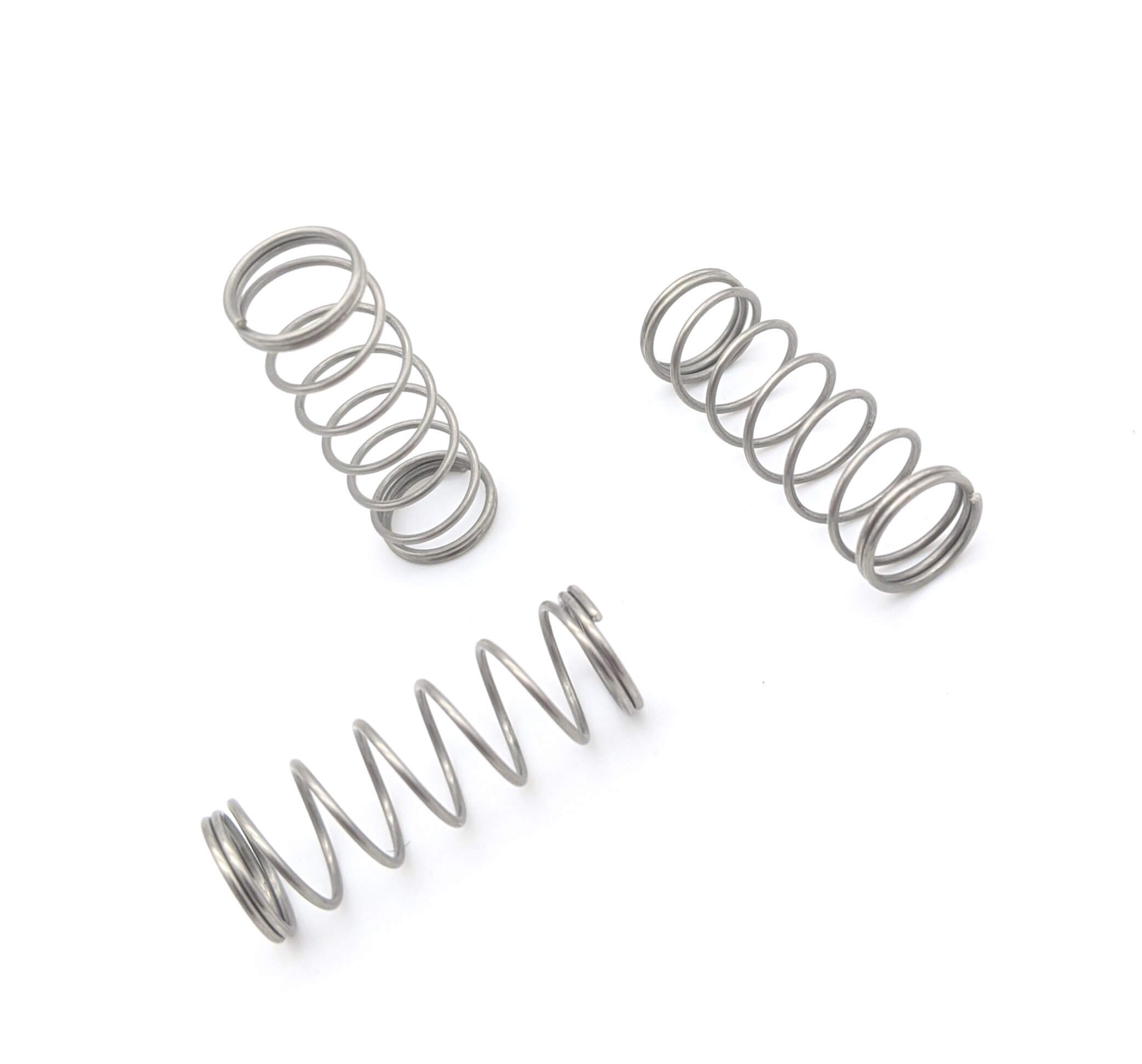Get unique, complex parts easily. No matter your requirements, Chaoyi Spring creates hard-to-produce coil springs and wire forms.
Let us help you create the custom wire form you need, from S-hooks and J-hooks to utility hooks and more.
We work closely with customers across a wide range of industries, helping them design and manufacture made-to-order parts.
Why choose Chaoyi Spring? We prioritize customer-focused collaboration, modern equipment and the latest technology to make your parts per print.
Find the information and guidance you need, from measuring a spring to learning about materials, placing an order and much more.
Working with springs, especially in tight spaces, can feel like wrestling a tiny, powerful beast. That's where a small spring compression tool steps in, acting as your trusty sidekick. These


Working with springs, especially in tight spaces, can feel like wrestling a tiny, powerful beast. That's where a small spring compression tool steps in, acting as your trusty sidekick. These tools, despite their size, pack a punch, giving you the control and leverage you need to safely and efficiently compress springs for a variety of tasks. Whether you're a seasoned mechanic or a DIY enthusiast tackling a home project, understanding the ins and outs of small spring compression tools can make a world of difference.

Springs are found in countless applications, from cars and motorcycles to appliances and even everyday objects like pens. Their ability to store and release energy makes them vital for a wide range of functions. But their compressed state can also make them tricky to handle, especially when you're working in confined spaces. This is where small spring compression tools come in handy. They provide the mechanical advantage and precision needed to safely compress and manipulate springs, preventing accidental release and potential injury.
You'll come across several types of small spring compression tools, each designed for specific applications and spring sizes. Some common ones include:
Internal Spring Compressors: These tools, as their name suggests, work on springs located inside a cavity. They often feature a split design with expanding jaws, allowing you to grip the spring internally and compress it effectively.
External Spring Compressors: Designed for springs that are accessible from the outside, external compressors typically employ hooks or clamps to grab the spring coils. You then use a twisting mechanism or leverage to compress the spring.
Specialized Spring Compressors: For specific tasks like valve spring compression in engines, you'll find specialized tools that cater to the unique shapes and sizes of these springs. They often come with adapters and extensions for added versatility.
Selecting the appropriate tool hinges on factors like the type of spring, the available space for operation, and the force required for compression. Here are some tips to guide you:
Know Your Springs: Identify the type of spring you're dealing with: compression, extension, torsion, etc. Each type demands a specific compression method, dictating the appropriate tool choice.
Size Matters: Measure the spring's diameter and length to ensure the tool can accommodate it. Using a tool too small can damage the spring or create an unsafe situation.
Space Constraints: Consider the area you're working in. Tight spaces might demand a compact, specialized tool.
Force Requirements: Different springs require varying levels of force for compression. Ensure the tool can handle the necessary force without bending or breaking.
Safety Features: Look for features that prioritize safety, such as locking mechanisms to prevent accidental release, non-slip grips, and durable construction.
Even with the right tool, safety and efficiency are paramount. Keep these points in mind:
Wear Safety Glasses: Springs under tension can release unexpectedly. Protect your eyes from potential projectiles.
Use Gloves: Protect your hands from sharp spring edges and potential pinch points.
Work on a Stable Surface: Choose a flat, sturdy surface to minimize the risk of the tool slipping or the spring popping out.
Apply Gradual Force: Avoid sudden, jerky movements. Compress the spring slowly and steadily, paying attention to any signs of strain or bending in the tool.
Never Force the Tool: If the spring seems too difficult to compress or the tool feels strained, stop and reassess. You might need a different tool or assistance.
Like any tool, a little TLC goes a long way. Proper care ensures your spring compressor remains a reliable companion for years to come.
Clean After Use: Remove any dirt, grease, or debris that can accumulate during use.
Lubricate Moving Parts: A light application of oil on hinges, screws, and other moving parts keeps the tool operating smoothly.
Inspect for Damage: Periodically check for any signs of wear and tear, such as bent components, cracks, or loose parts. Address these issues promptly to prevent accidents.
Store Properly: Keep the tool in a clean, dry place, preferably in a toolbox or dedicated storage space.
Small spring compression tools are more than just handy gadgets; they're essential for anyone working with springs, particularly in compact spaces. By understanding the different types, making informed choices based on your specific needs, and prioritizing safety during use, you can harness the power of these tools to tackle spring-related tasks with confidence and ease. Remember, a well-chosen and properly cared for small spring compression tool is an investment in both efficiency and safety.
Browse some of the custom wire forms and springs that we manufacture. Don’t see what you need? We specialize in made-to-order products that meet your application requirements.
Visit Our GalleryNeed a custom wire form or coil spring? We make it work. Fill out the contact form and a representative will respond within 1 business day. If you have a PDF or CAD file, you can submit to request a quote.